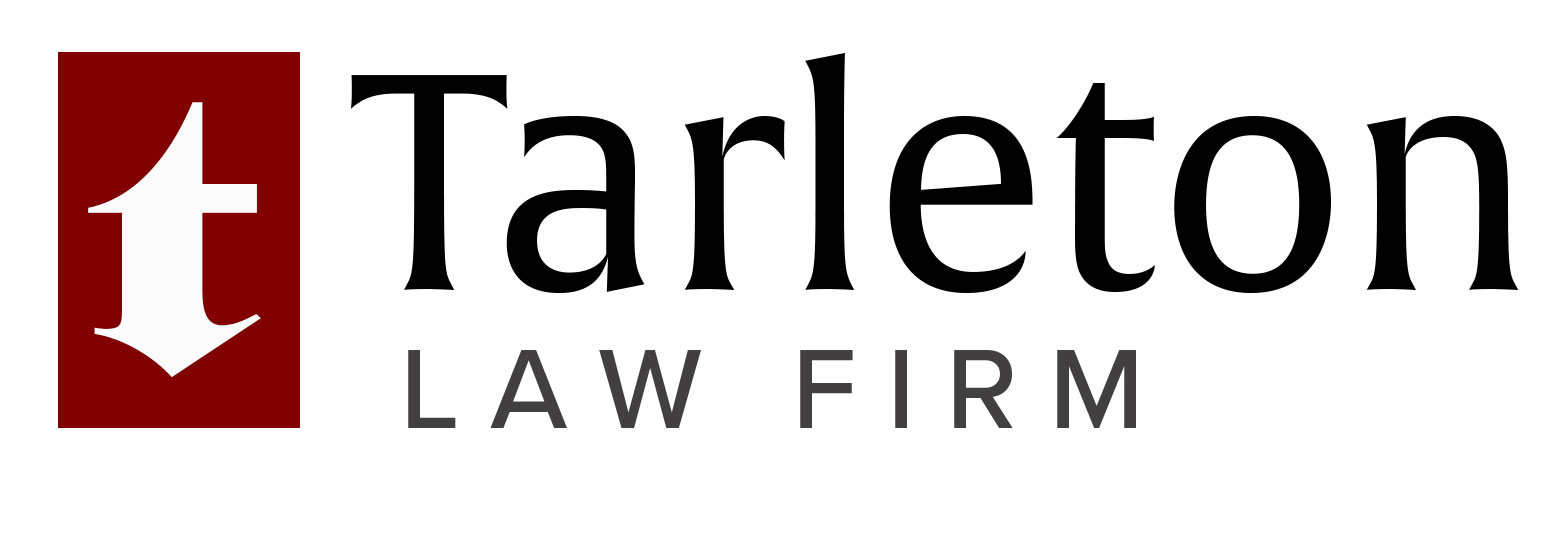Easter is almost here, so in that vein this week’s post looks at planning for a “nest-egg”. For most of us, that means talking about retirement accounts, whether using an IRA, SEP, 401k, or 403b. A budget for how to use retirement savings is good, but it is also vital to make sure retirement accounts are aligned with your overall estate plan. Retirement accounts can often hold the bulk of assets left to loved ones, so planning for a retirement account may, in fact, be the central focus of an estate plan. This also includes making sure you have a plan for access to your retirement savings if you ever needed help managing your finances during retirement.
RETIREMENT PLANNING & POWERS OF ATTORNEY
Help yourself enjoy retirement. Have you ever considered how funds in your retirement account would be accessed if you needed help managing finances during retirement? Your plan is likely to be in charge of your retirement account throughout your life and to not need to rely on someone else to make decisions for spending retirement savings for you. But, if your retirement savings are able to last into your 80s or 90s then the possibility of cognitive decline or incapacity must be considered.
In the event you became unable to manage your finances, you likely still want to continue to use your retirement savings to provide for your needs. An informal plan on which family member would help you is not enough – financial institutions will not grant access to your accounts to someone without proper authorization. To make sure your family has the necessary legal authority to access your retirement accounts during your incapacity, you would need to create legal authority to act on your behalf through a power of attorney.
Authorizing an Agent for Retirement Funds. The person who creates a power of attorney is called the “principal”. Under a power of attorney for financial matters, the principal grants his or her agent the authority to handle the financial transactions specified in the power of attorney, which can include access to retirement accounts. In fact, attorneys in Texas commonly use the Texas statutory form for a power of attorney or a variation of it, which includes the option to give an agent authority over retirement plan transactions as described in Section 752.113 of the Texas Estates Code. This can include selecting payment options under a retirement plan and receiving cash payments from a retirement plan.
Types of POAs. There are generally two types of powers of attorney: durable or springing. A durable power is effective immediately and continues if the principal is incapacitated, while a springing power is not effective until incapacity. Whatever type is used, an agent must be carefully selected when granting authority to act on your behalf.
POAs and Revocable Living Trust Plans. For individuals who are relying upon using a revocable living trust for their financial management during incapacity, it is important to note that the revocable living trust cannot be made the owner of a retirement account (like a 401k or IRA) without triggering immediate income taxation consequences. The point of a retirement account is usually to defer such tax. Accordingly, a power of attorney should still be in place in order to have the agent under the power of attorney manage retirement funds for you, while the trustee of the revocable living trust manages assets held by the trust.
Discuss POAs with Retirement Account Custodians. In addition to a power of attorney, it also a good idea to check with the company that is the custodian of the retirement account to determine whether it requires its own power of attorney form, particularly if you have retirement accounts with institutions outside Texas. Texas law recently changed to require third parties to accept a power of attorney, subject to some limitations, but it is ideal to discuss your power of attorney in advance with the retirement account custodian.
REVIEW BENEFICIARY DESIGNATIONS REGULARLY
If there is one point that cannot be emphasized enough, it is to keep beneficiary designations updated and to be aware of how the funds might affect a recipient who is a minor, a special needs child, or a spendthrift.
At death, a retirement account will pass according to the beneficiary designation if one exists, and therefore is considered a “non-probate” asset (to read more about probate vs non-probate assets, read here). This means that a court is not involved in distributing the retirement account at death. Instead, the financial institution / custodian will want to see a copy of a death certificate to verify the account owner’s death and will then divide the account according to the percentages or instructions in the beneficiary designation form. In the case of a spendthrift, this can be a problem with inherited IRAs because an individual beneficiary will have the option to take a lump sum distribution, rather than use the option to “stretch out” the inherited IRA.
Updated beneficiary designations avoid having retirement accounts pass to the incorrect beneficiaries at death. For example, individuals often forget to update beneficiary designation after divorce. Texas law does not remove an ex-spouse as a beneficiary on federally qualified benefits (like a 401k), but does negate an ex-spouse as a beneficiary on retirement accounts that are not qualified plans. Unfortunately, if an ex-spouse is still named on a qualified plan at the account owner’s death, the plan administrator must still pay the plan benefits to the ex-spouse. If a retirement account owner remarries and the intends to leave the account to the new spouse, then the beneficiary designation should be updated immediately to designate the new spouse as a beneficiary.
Consider Trusts for Retirement Accounts Passing to Minors or Special Needs Children
For individuals or married couples who intend to leave their assets to minor children or a special needs child, the funds in an inherited retirement account will need to be received and managed on behalf of the child. To avoid the expense of having a court-appointed guardian managing such funds, trusts for a minor or special needs child can be included in the account owner’s estate plan to hold the inherited retirement accounts for the child. The trustee can then make distributions from the retirement account held by the trust to provide for the child’s needs.
Make Sure Beneficiary Designations Reflect Your Plans
A beneficiary designation that fits with the overall estate plan can also help preserve assets in blended family situations. For example, imagine you keep a retirement account after divorce, but later remarry and name your new spouse as primary beneficiary instead of your children from the prior marriage. Your spouse may agree that any retirement funds he or she receives from you will be left to your children, but there may be a change of heart after you are gone. The new spouse may instead spend all of the retirement account and leave nothing for your children or may exclude your children by signing a new beneficiary designation.
In such cases, if you want to make sure a retirement account is preserved for children from a prior marriage, there are other options available, such as: (a) using a trust to hold the retirement account for the spouse to limit the spouse’s control, (b) allocate a portion of the retirement account to go to the new spouse and the remainder directly to children, or (c) use life insurance instead to provide for the second spouse or children.
Help Beneficiaries Avoid Litigation
It is no surprise that large retirement accounts can attract litigation, since such accounts may hold most of an estate’s value. The wording of a beneficiary designation is not the only factor that should be considered. If family discord exists or an estate dispute is anticipated, the manner of execution can impact whether the beneficiary designation works as intended.
In some cases, disgruntled family members have alleged that there is “undue influence” over the beneficiary designation, meaning that the beneficiary named on the account forced or coerced the account owner to name the beneficiary. Rather than simply mailing in a beneficiary designation form or completing it online, it may be better to complete a beneficiary designation as part of a consultation at the office a professional advisor, such as a financial advisor, attorney, or accountant.
WHAT NOW?
This article explains only some of the legal aspects of retirement accounts. For more information, contact us at info@tarletonfirm.com or at (214) 935-9004. We are located in Dallas, but serve clients all over Texas.
This article is intended for general information purposes only. It does not constitute legal advice or create an attorney-client relationship. If you have questions about beneficiary designations or planning for retirement accounts, you should consult with an experienced Texas estate planning attorney to determine how applicable laws apply. This publication is based on the most current information at the time it was written. Since it is possible that the laws or other circumstances may have changed since publication, please call us to discuss any action you may be considering as a result of reading this publication.

